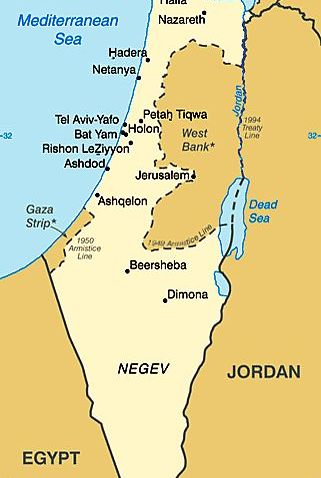In a land that never lacks for intense emotions, a moment will come in just a few days when the two extremes of joy and sadness will overflow at precisely the same time. Through the dramatizing magic of modern technology, we will watch those scenes from our living rooms: From Lebanon, boisterous celebrations of triumph will fill the screen as a freed prisoner comes home. From south of the border, in Israel, we will witness heartsick parents welcoming the bodies of their murdered children, with the entire country embracing the grieving families, but sickened at the thought that in Lebanon, Hezbollah is being rewarded with the release of one of the most vicious killers in a conflict that has seen many a psychopath posing as patriot. The prisoner swap is one deal in a recent spate of diplomacy between Israel and its enemies. Israel has been in direct or indirect talks with Hamas, Hezbollah, Syria, the Palestinian Authority, and perhaps Lebanon. As encouraging as the diplomacy sounds, it brings reminders that everything in the Middle East is more complicated than it sounds. Israelis are coming face to face with their catch-22: Every negotiation, every deal, has unintended consequences, including results that are exactly the opposite of the ones intended. According to Ghassan Khatib, a Palestinian advocate of reconciliation with Israel, the much-touted ceasefire deal between Israel and Hamas in Gaza from a few days ago, "strengthens Hamas at the expense of the Palestinian Authority and the peace camp in Palestine." The prisoner-exchange deal with Hezbollah is already being touted by the Iran-backed militants as a great triumph for their inflexible and violent approach, thus strengthening not only Iran, but the most pernicious group in the Lebanese crisis, at the expense of the pro-Western camp in Beirut.
Israel’s Diplomatic Dealings: A Heartbreaking Transaction

